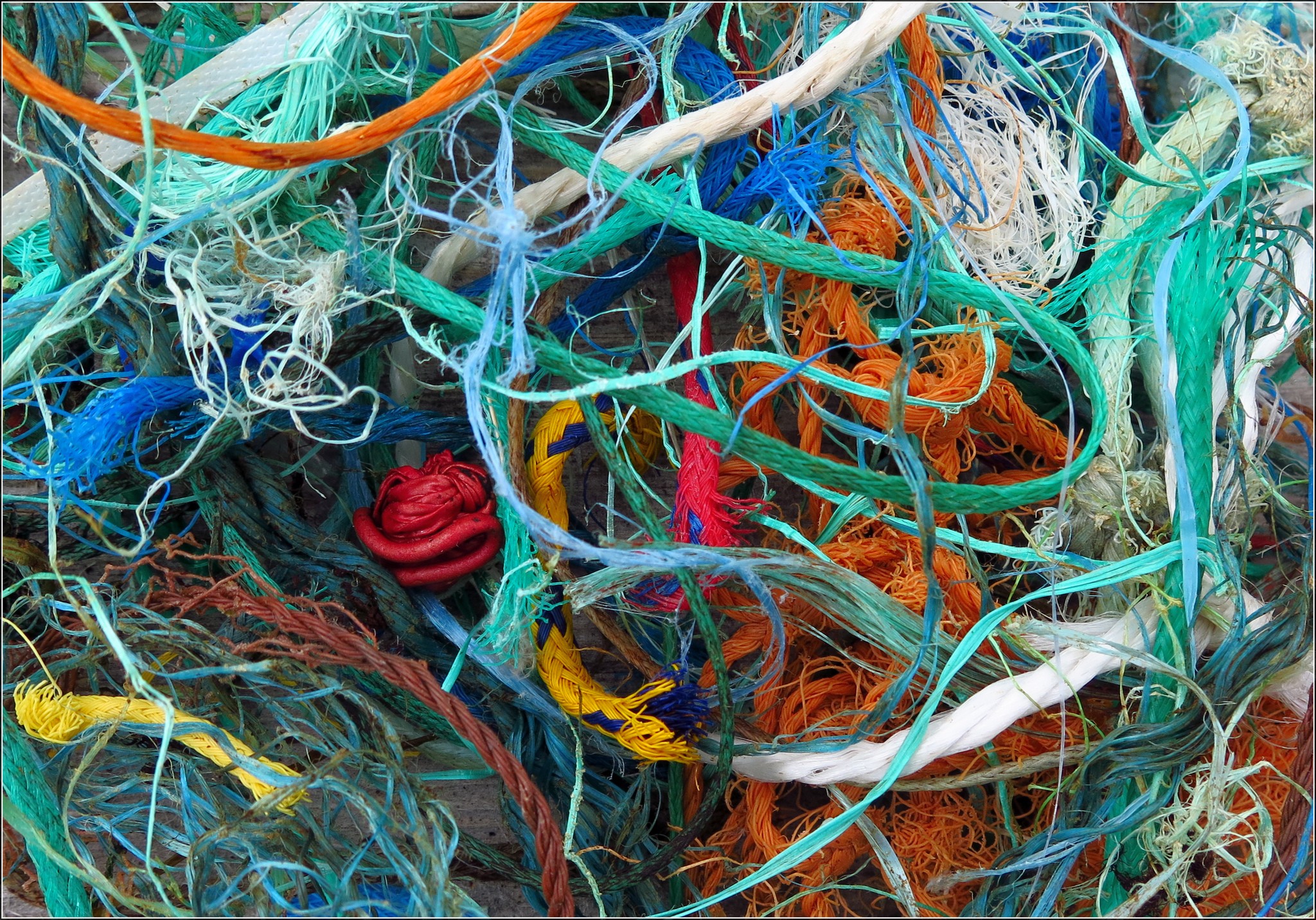SHIFT-PLASTICS will create sustainable circular value chains for handling plastics in the fisheries and aquaculture sector.
The project builds on the following pillars to succeed. 1) Technological innovation (WP1) in solving problematic plastic equipment, currently used by fisheries and aquaculture, by research into how materials that are used today could be recycled in an optimal way. Secondly, to address the possibility of replacing plastic materials with biopolymers. 2) The second pillar is policy (WP2). Policy and incentives should be directed towards more benign designs that increase sustainability, product length, reuse, and recycling. Policies and regulations should prevent the product from being discarded for energy recovery and depositing. 3) The third pilar is co-production (WP3 and WP4). This involves how scientist, public partners, third sector partners and private businesses could have cooperation on innovation and knowledge-sharing to increase sustainability and circularity when handling plastics.
The project contains leading research milieus. SINTEF research milieus are in the forefront internationally regarding material alternatives for plastics and circular economics. Western Norway Research Institute (WNRI) has expertise in environmental sustainability and interdisciplinary research. The department for private law at the University of Oslo is well versed on EU policy, circular economy, and corporate sustainability. HVL and NTNU has expertise in economics, while the NRI has extensive expertise in co-production. Scientist will cooperate closely with equipment producers, industrial partners, the recycling industry, public partners and third sector partners to create sustainable circular economy value chains for handling plastics in the fisheries and aquaculture sector.
As co-coordinators NRI (Megan Palmer-Abbs) take an active role supporting project lead WNRI and also lead WP3 (Co-production activities).






